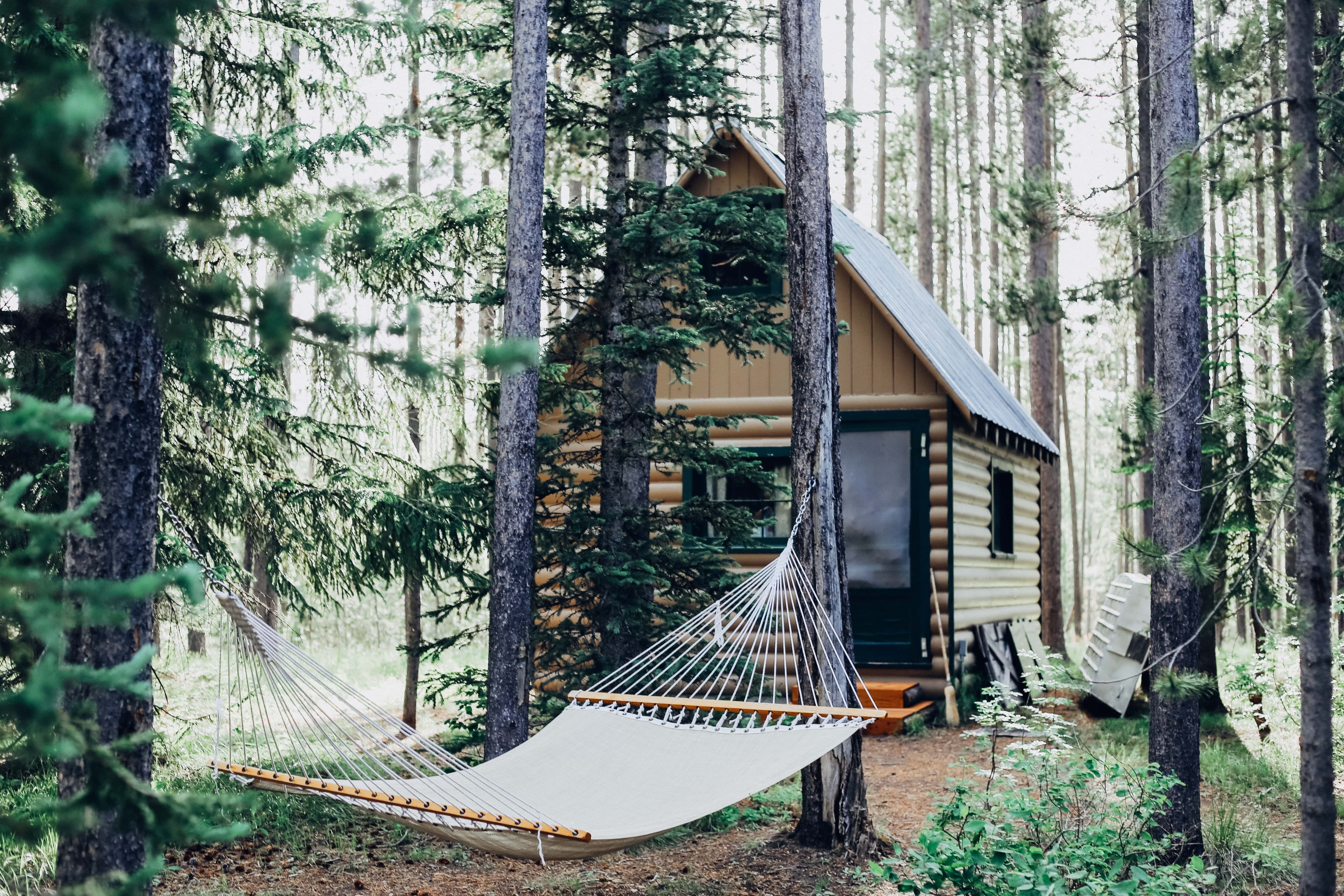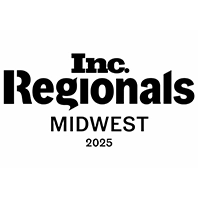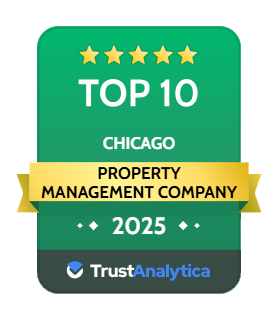Renting your property out on AirBnb has become more and more popular over the past few years. Lot’s of property owners have chosen to rent some degree of space in their home - a room, a loft, entire apartments or even single-family homes.
Flexibility and Benefits
The flexibility of scheduling bookings, setting your own prices and monitoring tenants has made the AirBnb avenue very attractive - especially for more millennials. If you own a seasonal rental, such as condos on the Florida beaches, or apartments in popular downtown areas, you will be able to adjust your pricing to match the seasonal demand. You might find there’s a higher demand in some areas compared to others - such as the beautiful Lincoln Park or Lakeview Chicago Areas.
If you decide you want to rent your property out on AirBnb, there are a few things we recommend considering or researching further…
Does your homeowners insurance allow it?
Because AirBnb is a newer concept and can come with more risks than traditional renting, some Homeowners Insurance companies will not allow it - or cover Airbnb. If you have an HOA, make sure you review those contracts as well.
Security
AirBnb runs a limited background check on users who provide their full legal names and dates of birth, unfortunately because not all users provide that information - including guests who are traveling with the users, AirBnb cannot guarantee guests are free of criminal records.
In addition, you will want to consider your key system for guests.
How will they travel in and out of your property? What if you are unable to meet them for arrival or departure?
You will need to consider adding additional methods of entry, whether it's changing a key code after each guest, or having a co-host who can assist with letting guests in and out.
Higher Turnover Rates
Traditional rentals typically have contracts for at least 6 months, which means they have a lower turnover rate and special tax benefits.
Regardless of how long you plan to rent your AirBnb space - most cities and states have limits for short-term rentals. This means if your rental lasts more than 3 months for example, you may be required to get additional insurance, registration or licensing.
Most AirBnb rentals last between two and fourteen days. There are some monthly (30-60 day) rentals, but they are certainly far and few in between.
Higher turnover rates of AirBnbs will mean more maintenance, cleaning fees and services fees that will pull from your overall profits. If you plan to manage the cleaning and maintenance between renters you will save some money - but not necessarily any time. Hiring a cleaning team to have on call might be a wise choice if your rentals are longer than a week.
If you want to keep your host ratings high, it will also be important to offer additional perks to your renters, such as water bottles, snacks and hygiene essentials.
Taxes and Licensing
As with any business, renting out your AirBnb can require special permits, licenses and even registration in certain cities. Unlike traditional rentals, AirBnbs are not included in tax benefit plans, so you pay a tax on each rental. Some cities are actually pushing back on AirBnb rentals and regulating short-term rentals much more than before.
Chicago has very specific requirements for AirBnb rentals and the documentation required to maintain one. You must register your AirBnb with the city and keep updated records and reports that specify the activity.
Are you up for the challenge?
You may find you live in an area with a low demand compared to big cities and your property could sit empty for a majority of the time. Research your local AirBnb market, see what rates other properties like yours are renting for and get a feel for the level of rental activity. Hosting an AirBnb experience might be another route to consider if you find your market demand is very low.
If extra time and you’re a DIY kind of person, hosting through AirBnb is a great way to make some extra side money. Just make sure you do some thorough research on AirBnb’s fee structure and policies to make sure it’s worth your time.
Proceed with Caution
If you’re purchasing an income producing property (rental property), make sure you’re running your income numbers based on traditional long term lease rates, NOT short term (“Airbnb”) numbers. The fact of the matter is that short term rentals are still relatively new and at any time, legislation can change outlawing them or severely hampering the business model. If the investment doesn’t make sense with these long term lease rates, then we wouldn’t recommend purchasing the property. If the legislation ever did change and your investment property only makes sense with these short term rental rates, you won’t be able to sustain the switch back to longer term leases.
If you need help running the numbers on a potential rental property, or just want us to take a second look, feel free to reach out. You can email us at office@landmarkrgc.com or call our office at 312-313-8553.






.png)


